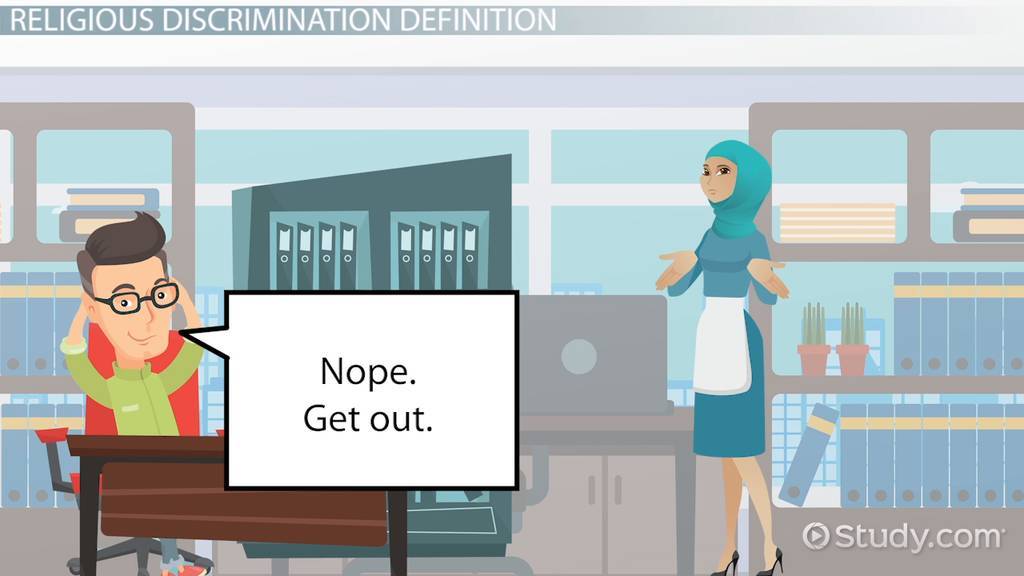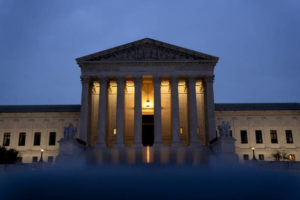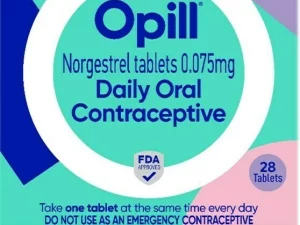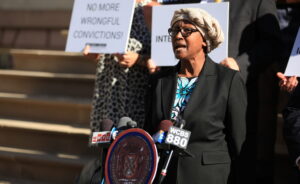
New Jersey – Indeed, an American worldwide employment-related search engine brags about encouraging equality and protecting its employees. The company calls itself an equal opportunity employer but Indeed may not be playing a fair game. Are companies like Indeed violating the constitutional rights of American workers? Is there rampant religious discrimination in Corporate America?
Indeed says its employment policies spread awareness against employment discrimination. Indeed’s official website gives the following advice to employers, “Avoid intentionally (or unintentionally) discriminating against candidates in your job descriptions, interview questions, and when making final hiring decisions. Using certain language in your job postings may be excluding certain types of people.” Yet in a shocking revelation, Current Affairs Times finds that Indeed’s policies might be discriminatory.
While sending a certain unnamed employer, profiles of job applicants, Indeed included an additional note concerning a Muslim candidate’s application. This note advised the employer to “be sure to review the applicant’s skills, resume, and experience by clicking on their name and candidate details. This suggestion is based on information from the job seeker’s Indeed name and profile.” The employer then double-checked all the applications and noticed that this comment applied only to the Muslim candidate’s application.
Indeed’s Policy
Current Affairs Times, reached out to Indeed, to confirm its policies and reasons behind such notes of caution. Indeed staff members had no valid explanation. Over a phone call, an Indeed employee, who wants to remain anonymous, told Current Affairs Times that Indeed randomly verifies some applicant profiles. The company may send this type of notification to the employers from that random pool.
Apparently, this isn’t the first time something like this has happened within the past two years. In May this year, a former Indeed employee, who also wants to remain anonymous, took the company to court for “an internally toxic, sexually-charged and misogynistic culture.”
Unfortunately, discrimination still exists in 21st century corporate America. Is gender and religious discrimination in the workplace also rampant? Let’s examine those perceptions in a corporate environment.
Religious Discrimination
Religious discrimination means unfair treatment towards a person because of their religious beliefs. The U.S. Constitution protects those belonging to religious groups. It also ensures the rights of individuals who adhere to certain religious and moral beliefs.
Religious discrimination is forbidden in any aspect of employment. This includes hiring, firing, pay, benefits, etc. In the case in question, you can approach it one of two ways. Either Indeed is practicing outright discrimination or giving the prospective employee an unfair advantage over other candidates. Indeed’s move is unconstitutional because the company is asking an employer to highlight a candidate’s profile based on a name.
Unfortunately, charges of religion-based employment discrimination have doubled in the past decade. While many factors play an important role here, the presence of religion in the workplace matters the most. According to national survey data, more individuals are now actually reporting that the topic of religion comes up at work. The increased religious diversity of the U.S. population is also a reason behind this increase.
This data also shows that Jews, Muslims, Hindus, and Evangelical Protestants are more likely to face religious discrimination in the U.S. Although keeping religion out of the workplace might help, religious perceptions persist.

Data
Data proves that after September 11, 2001, the Equal Employment Opportunity Commission (EEOC) witnessed a 250 % increase in cases of religion-based discrimination. EEOC referred Current Affairs Times to the following landmark cases between 2018 and 2020:
- In 2018, a unanimous Brooklyn federal jury declared the United Health Programs of America guilty in a religious discrimination lawsuit. United Health Programs provides discounted medical plans. Allegedly, a hostile environment existed for workers engaging in religious practices both on and off the job. The jury awarded the victims $5 million in compensatory and punitive damages.
- In 2019, the EEOC filed a lawsuit against Walmart for violating federal laws. Walmart denied a Christian employee’s request not to work on the Sabbath from sundown on Fridays to sundown on Saturdays. This is also a mandatory custom among observant Jews.
- In 2020, a Muslim woman filed a lawsuit against McDonald’s. She alleged religious discrimination. A manager asked Muslim employees to take off their hijabs, calling them “hoodies.” This manager went on to say “You don’t have to wait for God to wake up for you to pray.” This sarcastic comment refers to observing the morning Azaan, a Muslim wake-up prayer calling God.
- United Parcel Service (UPS) paid $4.9 million to settle a religious discrimination case brought by the EEOC. UPS prohibits mail employees from wearing beards or growing their hair below collar length. Growing a beard is a religious custom that Muslims follow. UPS prioritizes its appearance policy on many occasions.
- Similar events transpired in Florida and other states.
The U.S. Supreme Court did not even hear the appeal of a former Walgreens high-rank official complaining of workplace discrimination.
Due Process Violation
It’s inexcusable that this due process violation still happens regularly. As Bill Gates rightly says “discrimination has a lot of layers that make it tough for minorities to get a leg up.” What steps must Corporate America take to ensure that workplaces are tolerant of all Americans’ religious practices and beliefs?
Thumbnail Credit: study.com
Sources
To obtain a copy of all pieces of evidence acquired by The Current Affairs Times please contact our team.






